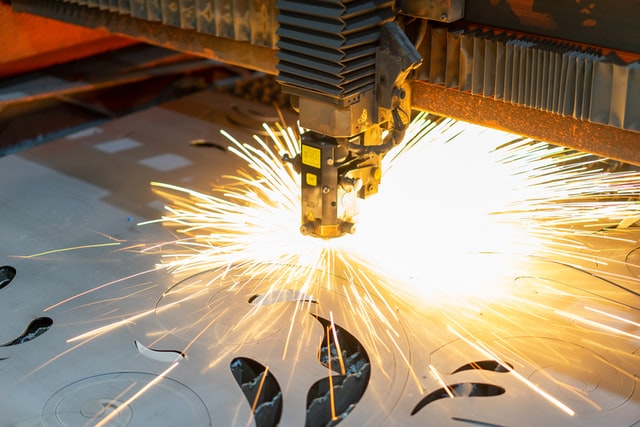Manufacturing is a highly intricate process, especially in todays day and age, where countless different factors must be considered before an efficient manufacturing process can be executed. Thankfully, this complexity can be easily addressed with help from technologies and technology-driven solutions, including data-driven manufacturing. It is considered as the next wave of manufacturing operations to drive efficient and responsive production systems. The manufacturers are finally in a better position to incorporate data into their routine decision-making activities in a meaningful and productive way.
Though before you ask, data-driven manufacturing refers to a strategy wherein decisions are strictly based on KPIs and facts instead of relying on unfounded wisdom, guesswork, etc. It leverages data from shop floor equipment, operators, the supply chain, among other sources. Further, it enables manufacturers to make better decisions as they work to reduce costs and increase operational efficiency.
Emerging technology offers manufacturers the ability to collect and process data from their operations. Therefore we are witnessing a surge in solutions that can extract insights from manufacturing data in real-time.
To help you better understand the need and effects of data-driven manufacturing in the modern world, let us first start with the key benefits one stands to achieve from data-driven manufacturing operations.
- Use advanced technologies: Companies gain the ability and opportunity to integrate technologies such as artificial intelligence, machine learning, etc. to effect complex strategies and processes such as predictive maintenance.
- Automation: Companies can automate both data collection and its analysis to achieve critical insights that drive informed decisions in the business best interests.
- Lowered costs: Data, when combined with other modern strategies such as lean manufacturing, enables companies to optimize their production processes, reduce waste, etc. insights and data, then, play a crucial role in helping companies save humongous amounts of money across the board.
Before we delve further into the world of data-driven manufacturing, allow us to also list the key challenges companies face in this context.
- Data storage: We live in a very connected world, which results in companies gathering an abundance of data from such devices and systems. Unfortunately, the amount of data collected can quickly prove to be a challenge to store safely and securely.
- Integration with other systems: Most factories are an intricate network of countless systems. While adopting modern solutions, it can become quite difficult to integrate them with legacy systems.
Time to take a look at the key steps for taking up data-driven manufacturing.
- Find the issues: It is important that companies already start searching for and investigating any blockages. This will help the company understand what causes such bottlenecks, how they affect operations, etc.
- Leverage existing data: Companies must put all their existing data to work, using the insights gained from such data to make whatever changes and updates are deemed appropriate.
- Use AI: Leverage AI to analyze data and find critical insights that can help improve supply chain efficiency, optimize delivery schedules, etc.
Now some key strategies for data-driven manufacturing.
- Predictive maintenance: Such a strategy allows companies to adopt a proactive approach to the upkeep of machines via tracking every machines performance index, etc. Such insights, then, help completely prevent unplanned downtimes and ensure high levels of production efficiency.
- Process optimization: Data and KPIs can offer precious insights to not only the top brass but also the folks who work on the shop floor, allowing them to streamline processes to achieve optimal levels of production at all times.
Data has much to offer to the world of manufacturing, no matter the industry or sector involved. If you are wondering how you can also put data to work for your manufacturing operations, we recommend you get in touch with a vendor for software development in manufacturing. With their expertise, you will be able to better find a strategy best suited for your organization and business.

